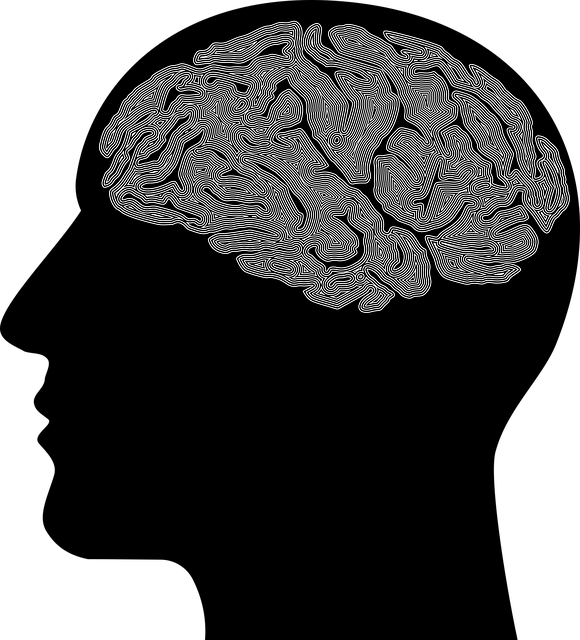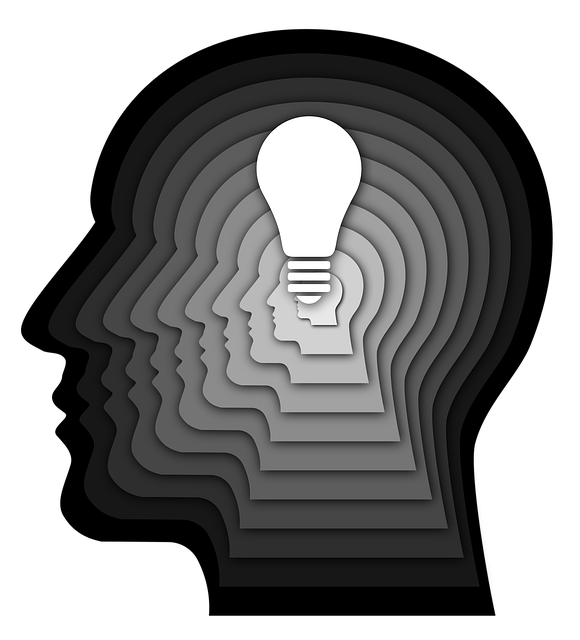Dialectical Behavioral Therapy (DBT) is an evidence-based therapy tailored for young adults, offering mindfulness, coping strategies, and emotional regulation techniques. Proven effective in treating mental health issues, DBT combines cognitive-behavioral approaches with mindfulness practices to help individuals manage emotions, make thoughtful decisions, and maintain healthy relationships. Cultural competency training among healthcare providers is crucial to integrate stress reduction methods and burnout prevention strategies based on individual backgrounds, ensuring personalized care for optimal emotional well-being. Through skills training, young adults learn to respond adaptively to challenges, enhancing their emotional intelligence and promoting better mental health outcomes.
Emotion regulation is a vital skill for young adults navigating life’s challenges. This article explores the significance of mastering emotional control and introduces Dialectical Behavioral Therapy (DBT) as an effective approach, particularly for this demographic. DBT provides a comprehensive framework to help young adults understand their emotions, manage distress, and foster healthy relationships. We delve into practical techniques taught in DBT, offering valuable tools to enhance emotional well-being and overall life satisfaction.
- Understanding Emotion Regulation and Its Significance for Young Adults
- Dialectical Behavioral Therapy (DBT): A Comprehensive Approach
- Practical Techniques to Teach and Master for Effective Emotion Regulation
Understanding Emotion Regulation and Its Significance for Young Adults

Emotion regulation is a vital skill for young adults navigating their personal and professional lives. It involves understanding and managing one’s emotional responses to various situations, enabling individuals to make thoughtful decisions and maintain healthy relationships. For young adults, who often face significant life transitions and challenges like academic pressures, career uncertainty, and interpersonal dynamics, effective emotion regulation techniques are transformative.
Dialectical Behavioral Therapy (DBT), a well-known approach in mental health treatment for young adults, emphasizes mindfulness, emotional awareness, and coping strategies. It equips individuals with skills to tolerate distress, regulate emotions, and improve overall well-being. In the context of healthcare, cultural competency training is essential, as it enables healthcare providers to offer tailored support, considering individual backgrounds and experiences. By integrating Stress Reduction Methods and Burnout Prevention Strategies for Healthcare Providers into their practice, therapists can create a safe space for young adults to explore and manage their emotions effectively.
Dialectical Behavioral Therapy (DBT): A Comprehensive Approach

Dialectical Behavioral Therapy (DBT) is a comprehensive approach to emotion regulation techniques teaching designed specifically for young adults. It combines cognitive-behavioral strategies with mindfulness practices, helping individuals develop skills to navigate intense emotions and reduce impulsive behaviors. DBT was initially developed to treat people with borderline personality disorder but has since been adapted for various mental health concerns.
This therapy emphasizes the balance between acceptance and change, teaching clients to accept their emotions without judgment while also learning effective strategies to manage them. A key component of DBT involves cultural competency training for healthcare providers, ensuring that the treatment is tailored to each individual’s unique background and experiences. Risk management planning is another crucial aspect, empowering young adults to proactively prevent crises and promote mental wellness through journaling exercises that encourage self-reflection and emotional awareness.
Practical Techniques to Teach and Master for Effective Emotion Regulation

Teaching effective emotion regulation skills is an essential aspect of supporting young adults navigating their mental health journey. One evidence-based approach that has proven beneficial is Dialectical Behavioral Therapy (DBT). DBT offers a range of practical techniques to help individuals manage and understand their emotions.
Practical strategies include self-awareness exercises, such as mindfulness meditation, which encourage individuals to observe their thoughts and feelings without judgment. Mental wellness journaling exercises can provide a safe space for young adults to express and track their emotions over time. Additionally, DBT emphasizes the development of inner strength through skills training, helping them respond adaptively rather than reactively to challenging situations. These techniques empower young adults to enhance their emotional intelligence, fostering better mental health outcomes and overall resilience.
Emotion regulation is a vital skill for young adults navigating the complexities of life. As highlighted in this article, Dialectical Behavioral Therapy (DBT) offers a comprehensive framework, proven effective in teaching individuals to manage their emotions healthily. By integrating practical techniques from DBT into their lives, young adults can enhance their well-being, build resilience, and foster healthier relationships. With the right tools and support, mastering emotion regulation is achievable, empowering individuals to thrive in both personal and professional spheres. For those seeking therapy for young adults, DBT stands as a powerful game-changer, offering lasting benefits that reverberate through various aspects of life.











